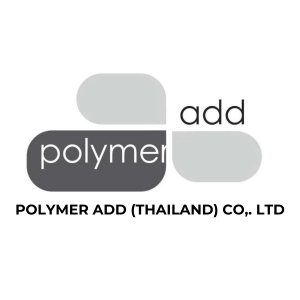Micronized chemicals used for seed treatment offer advantages such as improved dispersibility, adhesion, and efficacy. While not all seed treatment chemicals are micronized, several commonly used chemicals may undergo micronization for enhanced performance. Here are some examples
FUNGICIDES
Thiram is a broad-spectrum fungicide used to control seed and soil-borne diseases. Micronized thiram formulations can provide better coverage and adhesion to seeds, leading to improved protection against fungal pathogens during germination and early growth stages.
Metalaxyl is a systemic fungicide effective against oomycete fungi. Micronized metalaxyl formulations can enhance its solubility and uptake by seeds, providing more reliable protection against diseases such as damping-off and seed rot.
INSECTICIDES
Imidacloprid is a systemic insecticide used to control various insect pests. Micronized imidacloprid formulations can improve its dispersibility and systemic uptake by seeds, leading to enhanced protection against pests such as aphids, thrips, and wireworms.
Thiamethoxam is a neonicotinoid insecticide with systemic activity. Micronized thiamethoxam formulations can provide better coverage and penetration of seed coatings, resulting in improved control of soil-dwelling insects and early-season pests.
INOCULANTS
Rhizobium inoculants contain nitrogen-fixing bacteria that form symbiotic relationships with leguminous plants. Micronized Rhizobium formulations can improve bacterial survival and adherence to seed surfaces, enhancing nitrogen fixation and promoting plant growth and nitrogen nutrition.
PLANT GROWTH REGULATORS
Gibberellic acid is a plant growth regulator used to promote seed germination and seedling growth. Micronized GA3 formulations can improve its solubility and absorption by seeds, leading to faster and more uniform germination and emergence.
NUTRIENTS
Zinc is an essential nutrient for plant growth and development. Micronized zinc formulations can improve nutrient availability and uptake by seeds, leading to enhanced early-stage growth and vigor.
Molybdenum is another micronutrient critical for nitrogen metabolism and enzyme activation. Micronized molybdenum formulations can enhance seed treatment efficiency, ensuring optimal nutrient uptake and utilization by plants.
Micronized seed treatment chemicals offer several advantages, including improved handling, application precision, and effectiveness. However, the availability of micronized formulations may vary depending on factors such as regulatory approval, market demand, and specific application requirements.
